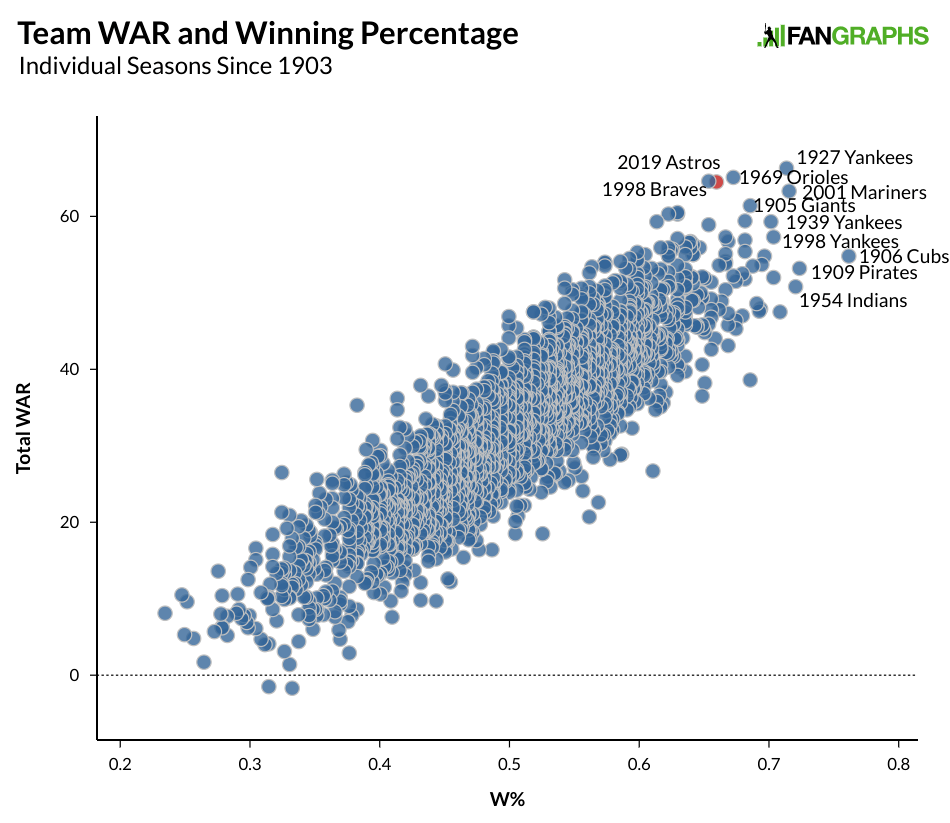Please note, this posting contains multiple positions.
Position: Performance Science Associate (Seasonal)
Department: Baseball Operations
Location: Detroit, Michigan
Job Description:
The baseball performance associate will assist with the delivery of performance science solutions within Baseball Operations. This role will work closely Baseball Analytics, Player Development, Strength and Conditioning, and Coaching staffs in order to optimize performance.
Key Responsibilities:
- Assist with implementation and maintenance of existing performance science initiatives across the organization, including data collection, analysis and reporting.
- Assist with the design, development, testing and support of new performance science initiatives.
- Work closely with the Director, Performance Science to develop and disseminate information from performance science initiatives.
- Effectively collaborate and communicate with player development, coaching, sports medicine, strength and conditioning and front office staff.
- Assist with data management, organization and integration into the organization’s athlete management system.
- Review research and technology updates relevant to baseball performance.
- Perform exploratory performance science research projects and analysis as directed.
- Assist with the maintenance, calibration and upkeep of performance science related equipment.
- Other duties as directed by Director, Performance Science
Minimum Knowledge, Skills, and Abilities:
- Bachelor’s degree in exercise science, exercise physiology, sports science, kinesiology, biomechanics or similar field.
- Experience with the following technologies preferred: Force plates, accelerometers, motion capture, high speed video, GPS tracking.
- Experience using an athlete management system.
- The ideal candidate must have excellent computer skills. Coding or data visualization skills a plus.
- The ideal candidate must have excellent communication skills. Candidate must be able to convey complex sports science findings to relevant staffs.
- The ideal candidate must have excellent attention to detail.
- The ideal candidate must have excellent organizational skills.
- Previous experience working with professional athletes and coaches preferred.
- The ideal candidate must be willing to work longs hours, including days, nights, weekends and holidays.
- The candidate must be available full-time.
- Willing and able to relocate to the Lakeland, FL area or Detroit metro area.
To Apply:
To apply, please complete the application that can be found here.
Software Developer Associate (Seasonal)
Department: Baseball Operations
Location: Detroit, Michigan
Key Responsibilities:
- Perform general development and maintenance tasks for the upkeep of internally developed software products.
- Use modern software techniques and best practices in all parts of the software life cycle.
- Troubleshoot issues with existing Baseball Operations systems.
- Assist with development of new tools for improving data collection and processing.
- Complete ad-hoc database queries and analysis as directed.
- Provide support for important events such as the Rule 4 Draft, the trade deadline, contract negotiations and salary arbitration.
- Support Baseball Operations, Scouting and Player Development with ad hoc requests.
- Other duties as assigned by members of the Baseball Operations Department.
Minimum Knowledge, Skills, and Abilities:
- The ideal candidate must be at least a college senior or recent graduate (within 6 months).
- Educational background in Computer Science or similar technical field of study.
- Familiarity with C# and/or Java in a web application context. Knowledge of Angular or similar front-end frameworks is a plus.
- Familiarity with SQL, database design principles, and relational data concepts.
- Experience with software development including requirements gathering, development, and testing is a plus.
- The ideal candidate must have excellent verbal and written communication skills.
- The ideal candidate must have excellent organizational skills.
- Highly motivated with excellent attention to detail.
- The ideal candidate must be available full-time.
- The ideal candidate must be available to work evenings, weekends, and holidays as dictated by the baseball calendar.
- Willing and able to relocate to the Detroit metro area.
To Apply:
To apply, please complete the application that can be found here.
Position: Baseball Analytics Associate (Seasonal)
Department: Baseball Operations
Location: Detroit, Michigan
Key Responsibilities:
- Assist with importing, cleaning, and preparing of baseball datasets.
- Assist with the design, development, testing and support of proprietary data collection and decision-support systems.
- Design ad hoc SQL queries.
- Assist with statistical modeling of baseball data.
- Execute exploratory research and analysis as directed.
- Review public research on a regular basis.
- Provide support for important events such as the Rule 4 Draft, the trade deadline, contract negotiations and salary arbitration.
- Support Baseball Operations, Scouting and Player Development with ad hoc requests.
- Other duties as assigned by members of the Baseball Operations Department.
Minimum Knowledge, Skills, and Abilities:
- The ideal candidate must be at least a college senior or recent graduate (within 6 months).
- Demonstrated familiarity with SQL querying and database design principles.
- Demonstrated knowledge of baseball-specific data, modern statistical techniques and sabermetric analysis.
- Familiarity with R/Python and/or other software applications/languages used for statistical calculations and graphical representations.
- Experience with software development, including requirements definition, design, development, testing, and implementation, a plus.
- Experience with ETL processes that integrate multiple data sources, a plus.
- The ideal candidate must have excellent verbal and written communication skills.
- The ideal candidate must have excellent organizational skills.
- Highly motivated with excellent attention to detail.
- The ideal candidate must be available full-time.
- The ideal candidate must be available to work evenings, weekends, and holidays as dictated by the baseball calendar.
- Willing and able to relocate to the Detroit metro area.
To Apply:
To apply, please complete the application that can be found here.
The content in this posting was created and provided solely by the Detroit Tigers.

